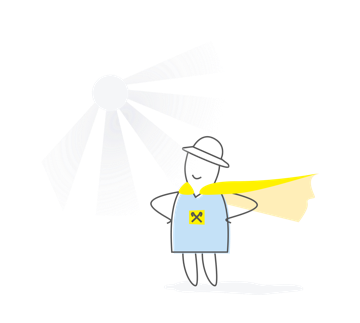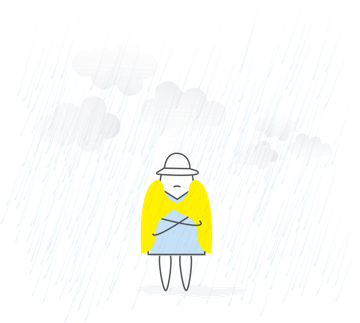How to meet the tax authorities who came to check
In accordance with the norms of the GCC, regulatory bodies have the right to conduct cameral, documentary (planned or unscheduled; on-site or off-site) and actual inspections. Only about the scheduled inspection of the entrepreneur must inform 10 calendar days before it starts.
Due to the fact that the size of penalties on certain issues of the law is significant, an entrepreneur may face pseudo-controllers. Therefore, if they came to you for a check, it doesn’t matter what kind of check it is, you shouldn’t panic either to the entrepreneur or especially to his employees. Both the entrepreneur and the person authorized by him can meet the inspectors. And in the actual verification of compliance with the laws on regulating the circulation of cash, the procedure for carrying out settlement operations, and conducting cash operations - an employee who directly carries out settlement operations.
If tax authorities or other supervisors have come to you, before allowing them to be checked, you should calmly check whether they are really who they appear to be.
Tax inspectors must show their business IDs that allow them to be identified, a referral for an inspection and a copy of an order for an inspection. A copy of the order remains with the entrepreneur.
If inspectors do not have at least one of the listed documents - the entrepreneur has a legal basis for not allowing them to be checked.
Presented documents should be carefully studied, since they must contain all the necessary details. If errors are found, this is also a reason for not allowing verification.
The copy of the order and the direction for the inspection should contain the following: the date of issue, the name of the supervisory authority, the name and details of the legal entity (last name, first name, patronymic of the individual entrepreneur) or the name of the object; which is carried out, the purpose of the inspection, its type (documentary planned / unscheduled or actual), the basis, the start date and duration of the inspection, the position and the name of the inspectors.
The order also indicates the period of activity that will be checked, and in the direction of the check - the details of the order to conduct the check.
These documents are valid if they are signed by the head (his deputy or an authorized person) and sealed with the seal of the supervisory authority.
If an unscheduled or actual inspection is planned, which is not previously notified, the entrepreneur or his authorized person signs a check in the direction for the inspection after familiarizing him with his name, first name, patronymic, position, date and time of familiarization.
If everything is in order with these documents and the entrepreneur has an audit log, then the controllers should be asked to make a record in it. When studying an order, special attention should be paid to the purpose of the check and its type.
When conducting a routine documentary inspection, inspectors must verify the correctness of calculations, declaration and payment of all taxes and fees for no more than the last three years (1095 days) and for all counterparties. Therefore, all primary documents confirming the accrual and payment of taxes and fees for the audited period are required.
Unscheduled inspections are carried out in the presence of certain violations defined by the TCU. When conducting an unscheduled audit, as a rule, operations between the taxpayer and individual counterparties are checked for certain periods of time, the procedure for calculating and paying individual taxes, therefore, not all primary documents are required, but only those that confirm the performance of the audited operations. Such an inspection cannot be carried out twice during a calendar year for the same reason. Therefore, an entrepreneur should always pay attention to this.
If all documents are executed correctly, there is no reason not to allow supervisors to check.















